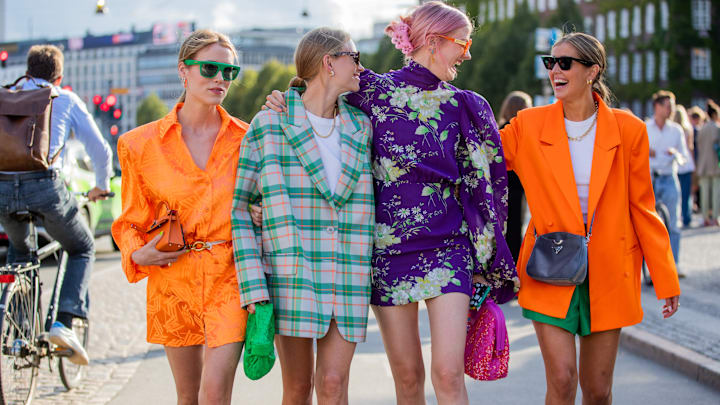The Role of Fashion Weeks in Shaping Global Trends

Fashion weeks are pivotal events in the fashion industry, serving as platforms where designers showcase their latest collections and set the tone for upcoming trends. These events, held in fashion capitals like Paris, New York, Milan, and London, not only influence what will be in style but also reflect broader cultural and societal changes.
The history of fashion weeks dates back to the early 20th century, with Paris leading the way as the epicenter of haute couture. Over time, other cities established their own fashion weeks, each bringing a unique flavor to the global fashion scene. New York Fashion Week, for example, is known for its commercial and ready-to-wear focus, while Milan and London bring a mix of luxury and avant-garde designs.
During fashion weeks, industry insiders, including buyers, editors, and influencers, gather to witness the debut of new collections. The trends that emerge from these runways often dictate what will be popular in the coming seasons, from colors and fabrics to silhouettes and accessories. The visibility and influence of fashion weeks have only grown with the advent of social media, where collections can be shared instantly with a global audience.
In addition to setting trends, fashion weeks have also become important cultural events. They often reflect the socio-political climate, with designers using their platforms to address issues such as sustainability, diversity, and inclusivity. For instance, recent fashion weeks have seen a rise in eco-conscious collections, gender-neutral clothing, and diverse casting, signaling a shift towards more responsible and representative fashion.
In conclusion, fashion weeks play a crucial role in shaping global trends and influencing the direction of the fashion industry. They not only showcase creativity and innovation but also reflect the cultural and societal values of the time, making them essential events for understanding the evolution of fashion.